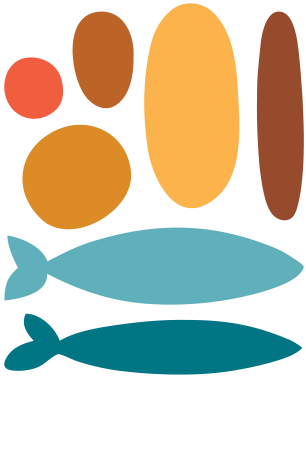A Traffic Jam Gift
Being stuck in traffic can be so irritating. It’s money, profit and work all being put on hold. For people in developing countries, it’s the difference between having food, medical care and shelter… or not.
In the bustling city of Kinshasa, John, a welder, and most of his welder friends do their work on the side of a busy road with no property or space to store materials. It’s a difficult business. They must get their supplies from downtown through thick traffic, day after day. Semis, buses, van shares, motorcycles, cars and pedestrians all weaving their way through streets with no lanes, no rules and barely a traffic light in sight. Something needed to change.
Together with his friends, John devised a plan whereby each welder would take turns retrieving supplies from downtown. He realized the benefits of working together, and over the years they have established a sense of trust, learning to share some of their expertise and supplies.
Having heard about an organization that mentored groups like them into a new way of mobilizing, John contacted our partner organization, CRAID, to lead them through Five & Two training. Buoyed by the inter-dependency already established in the group, the welders were quickly able to identify their shared assets. By recognizing the strengths of each entrepreneur, and the benefits of cost-sharing, they began to envision further possibilities.
They formed a formal association by developing five clusters, each have their own leader. As a team, they now can take on a greater scope of work. If a bigger project arose, group members would assemble, do the work together and share the profits.
As the association grew, a new objective became clear. By opening a shared store-front they could reduce the constant need to bring in small batches of supplies and materials. They would save money through bulk ordering and even have a place to show off their work. Through their shared revenue and association fees, they continue to restock the shelves and expand the business.
The welders are a classic example of how local vision and assets lead to sustainability. As they see the results of their own hard work, there is an upward cycle of empowerment, leading to greater innovation and success.
At Five & Two we are thrilled to see outcomes like this, where communities “use what they have, to achieve what they have not”. In the coming year we are piloting a new program that recognizes the success and investability of communities like the Kinshasa welders.



